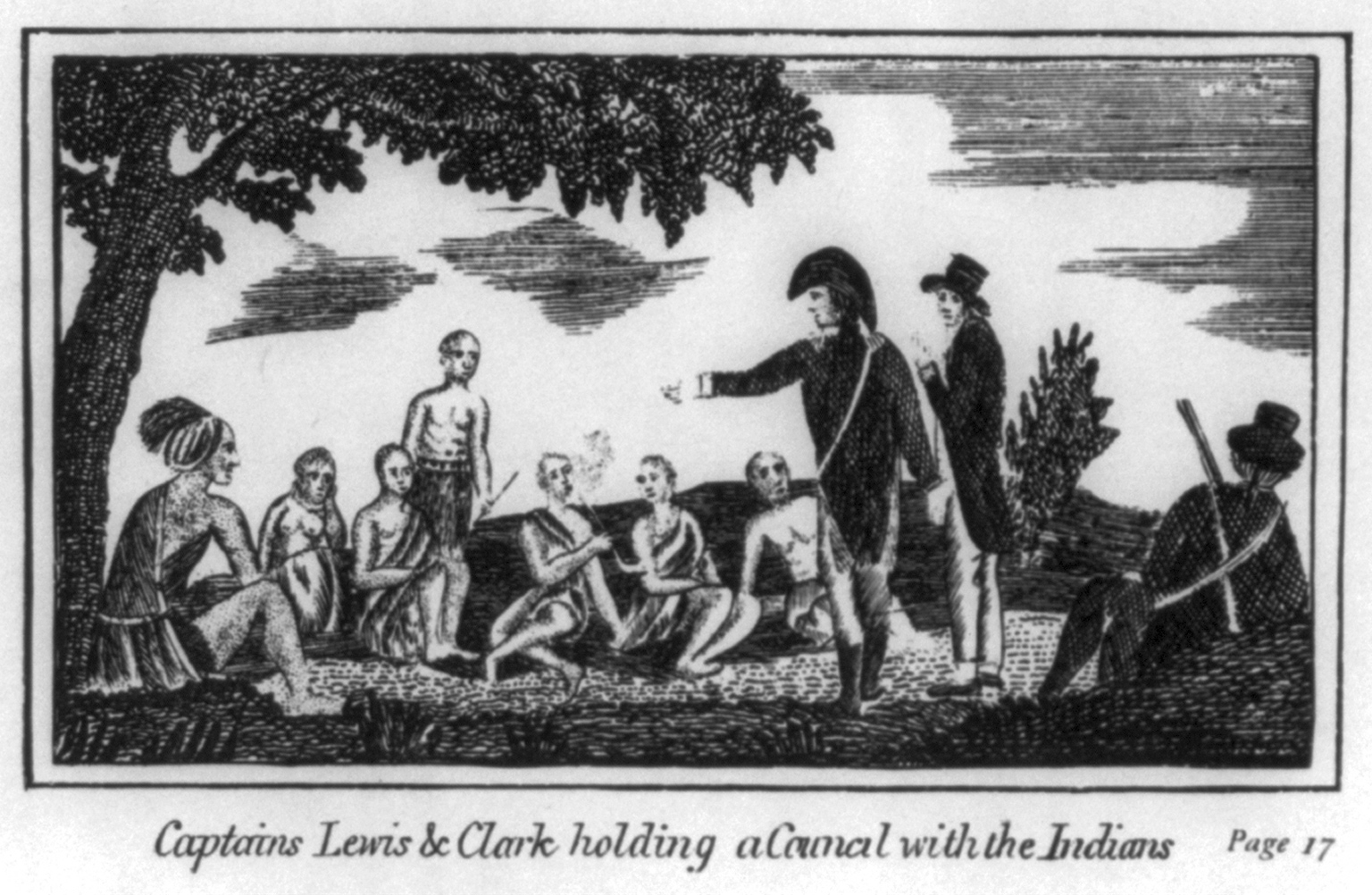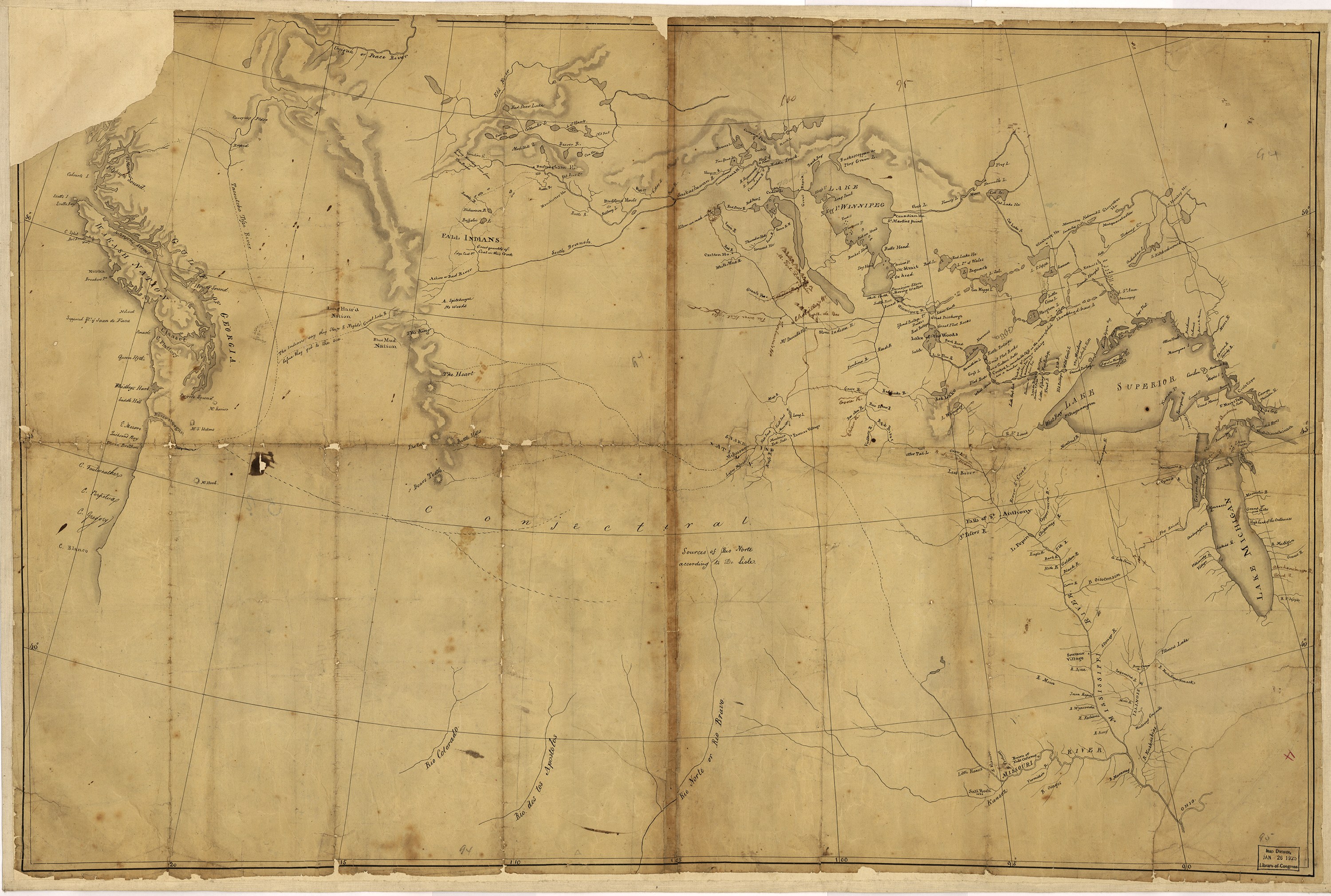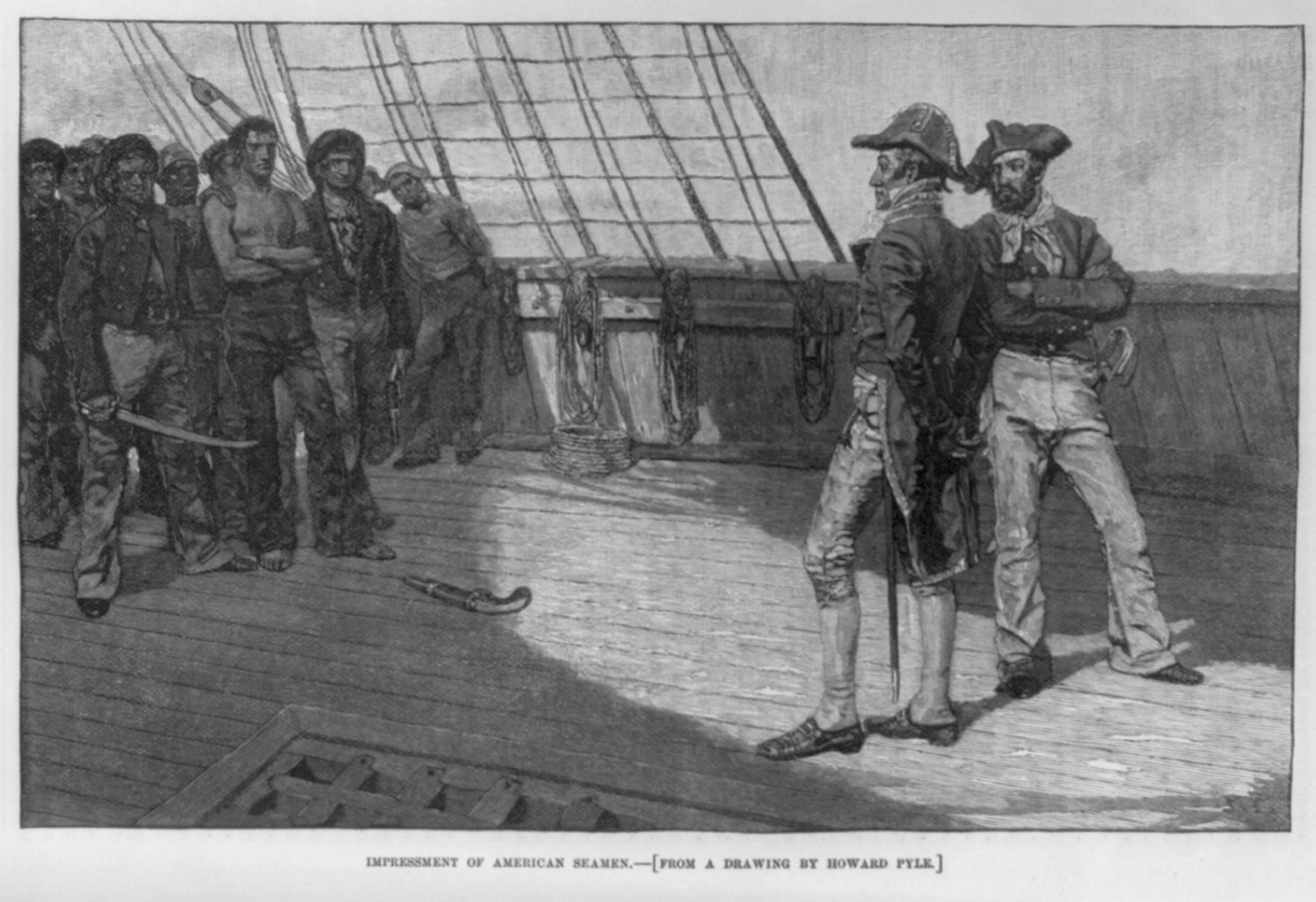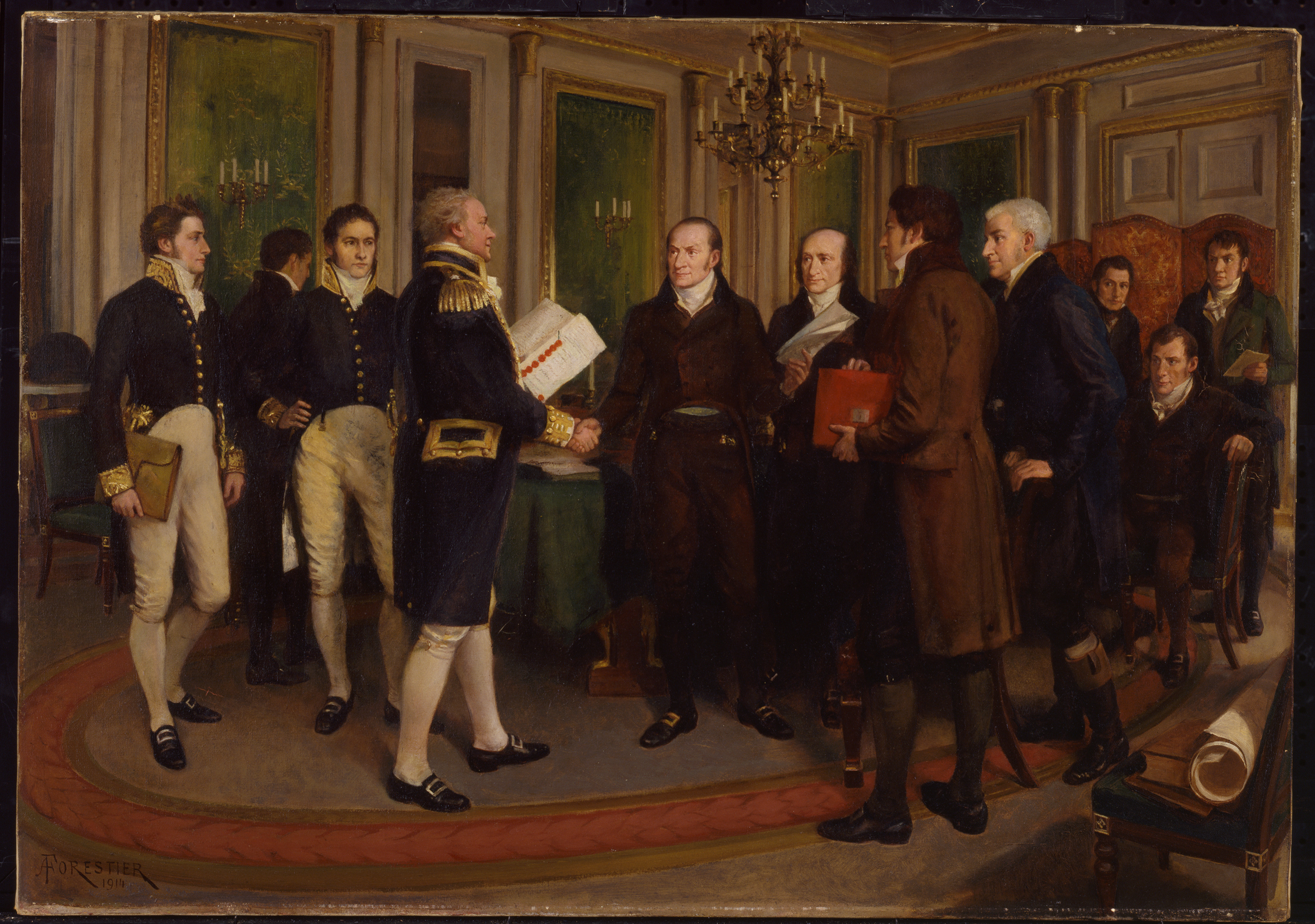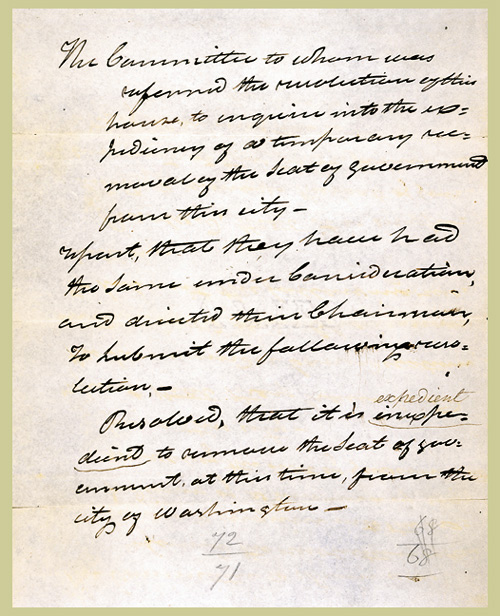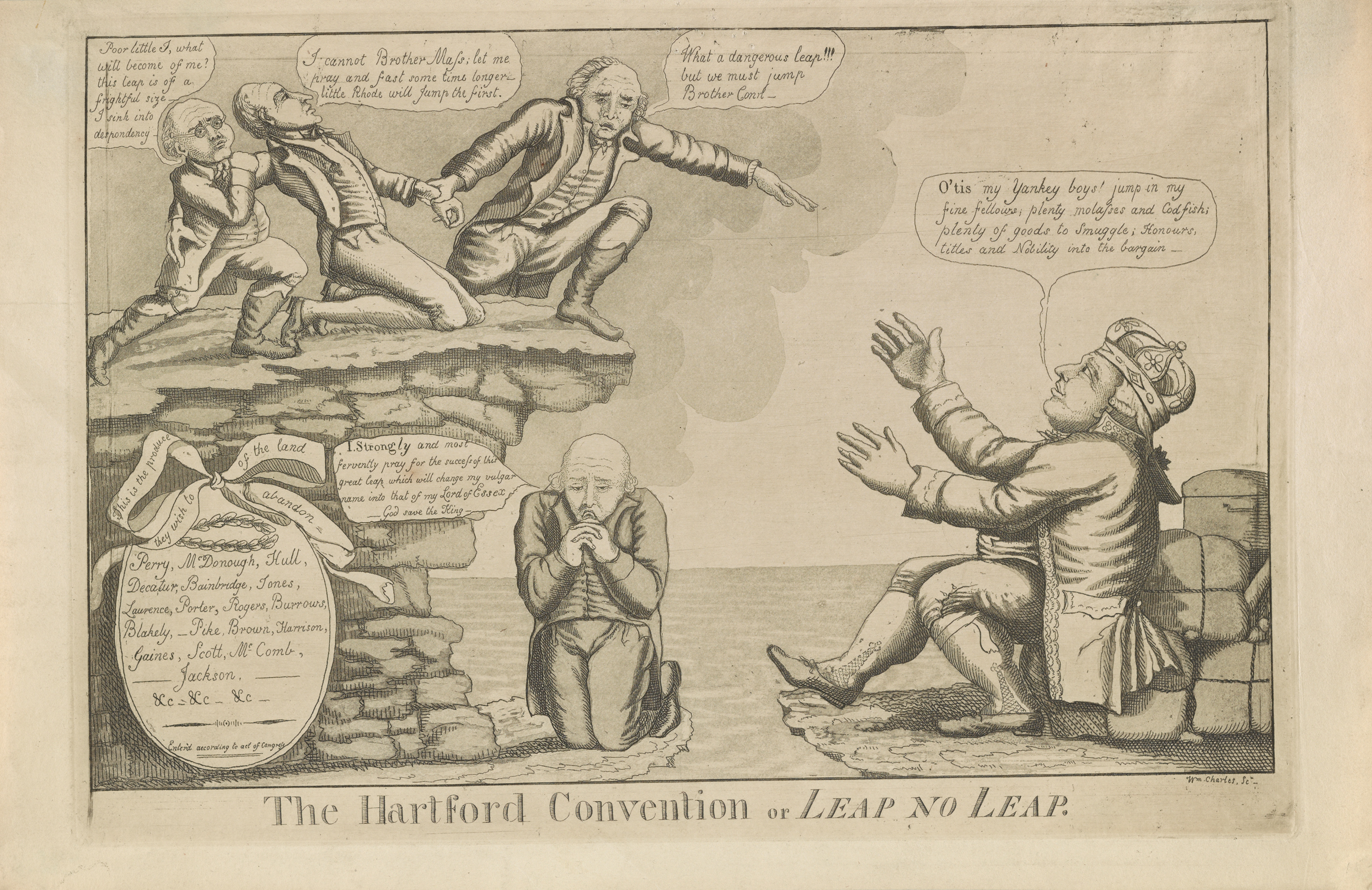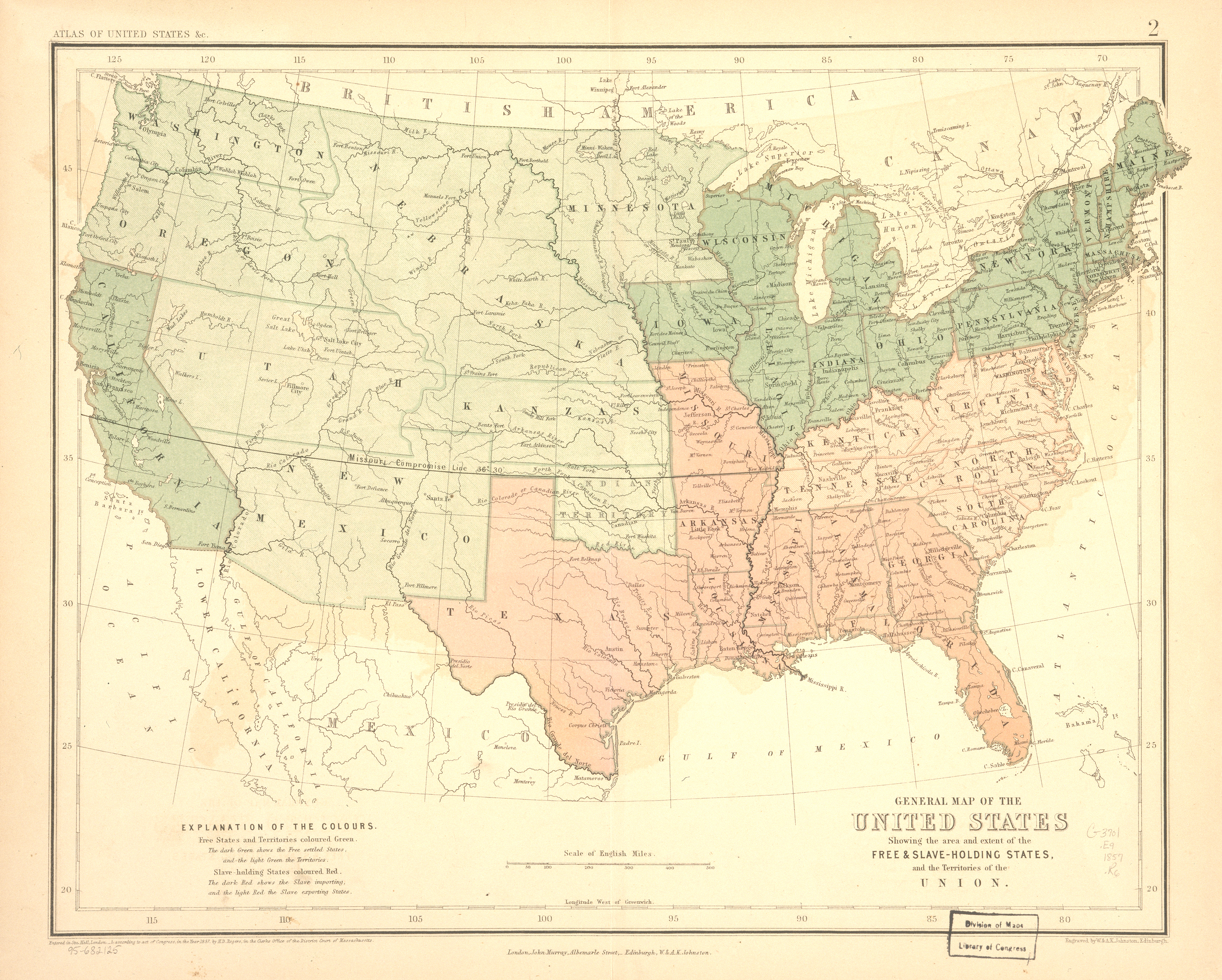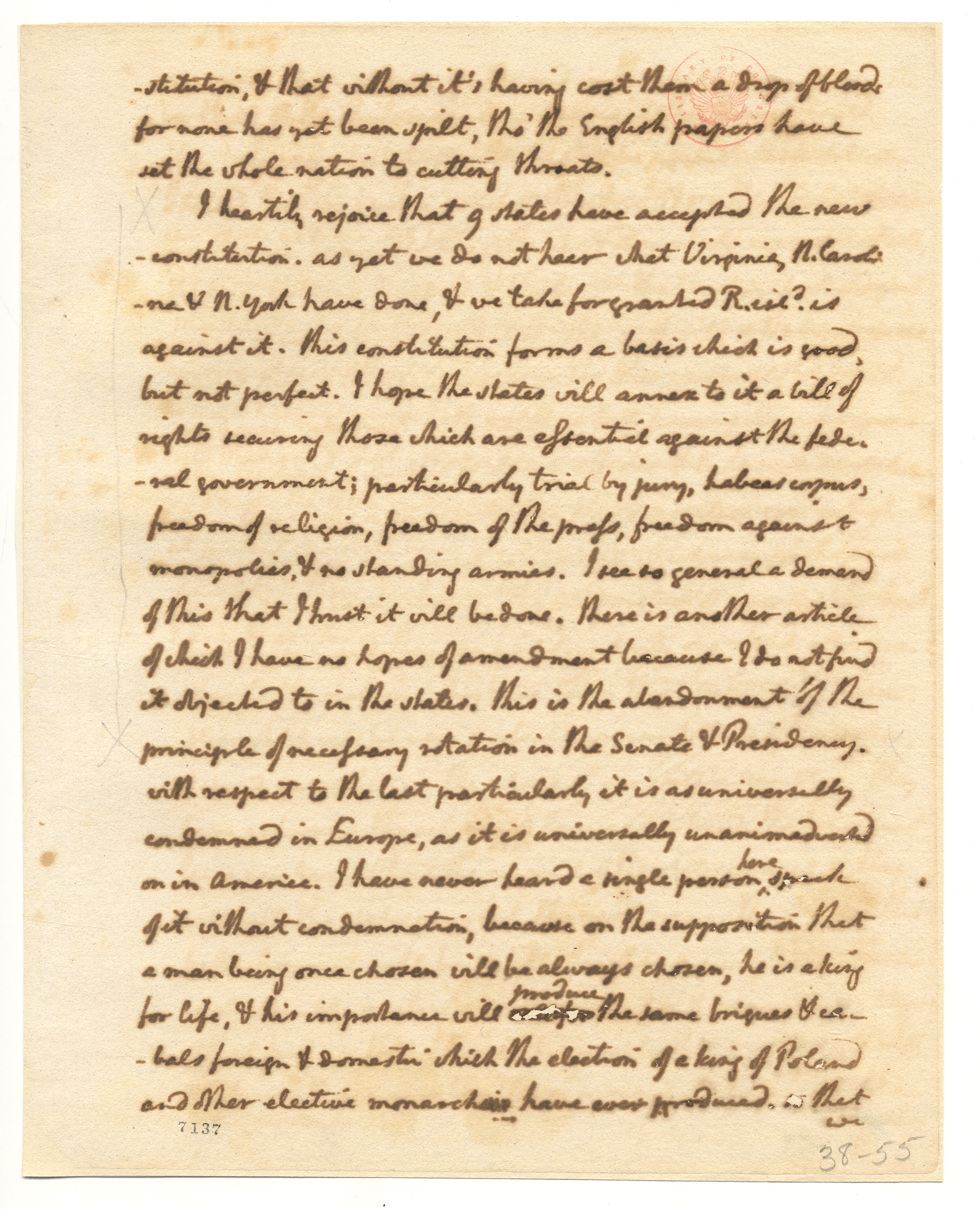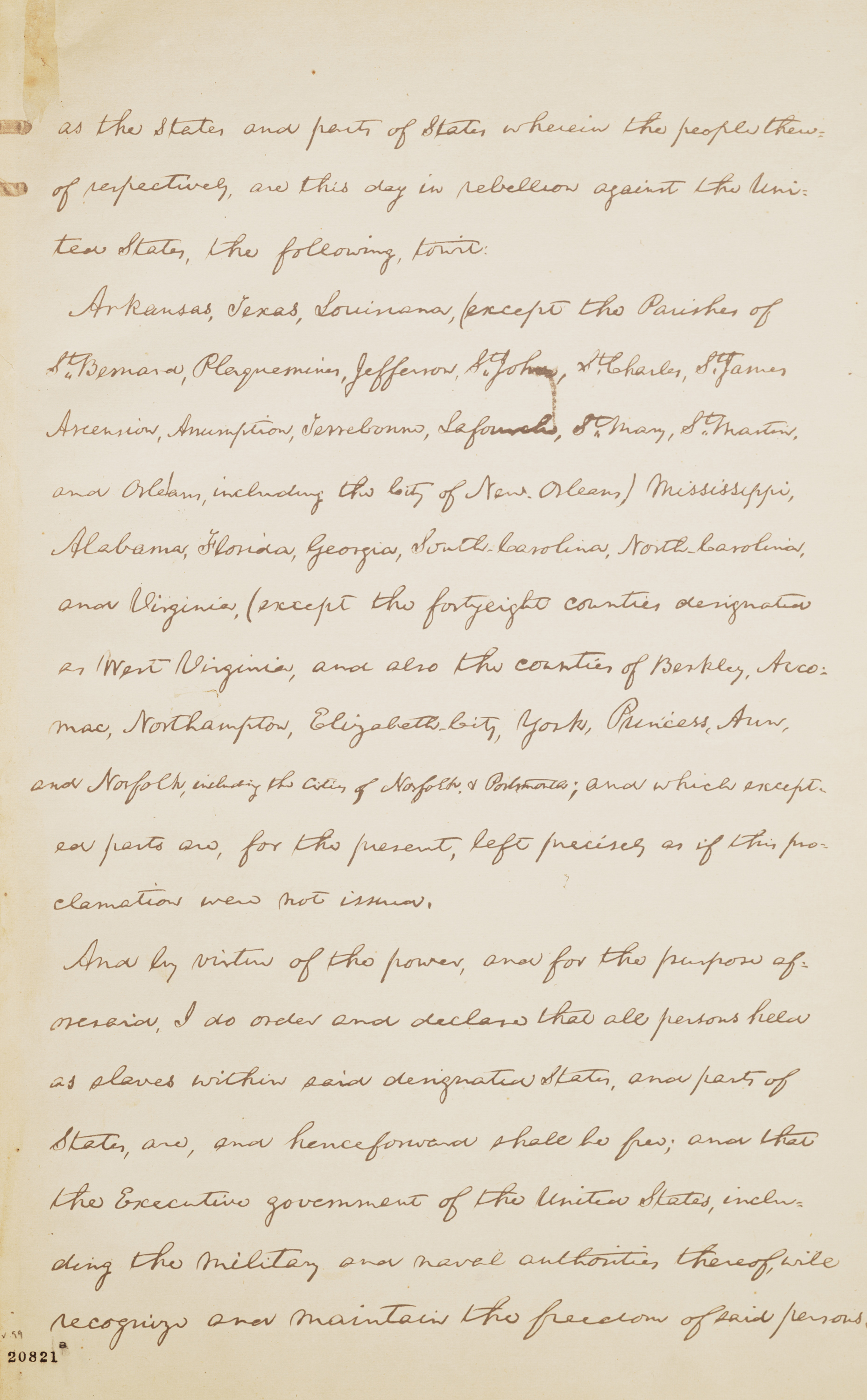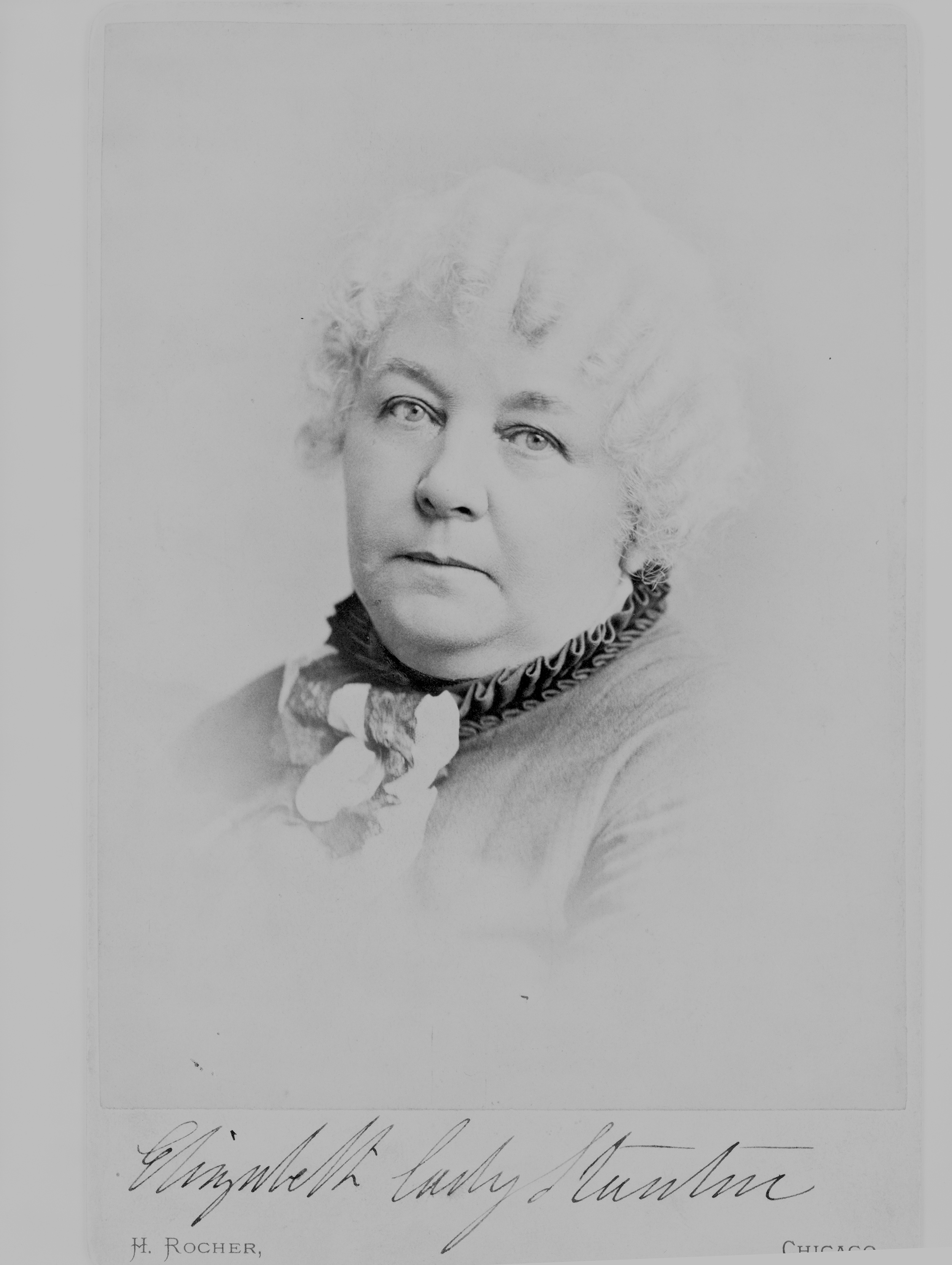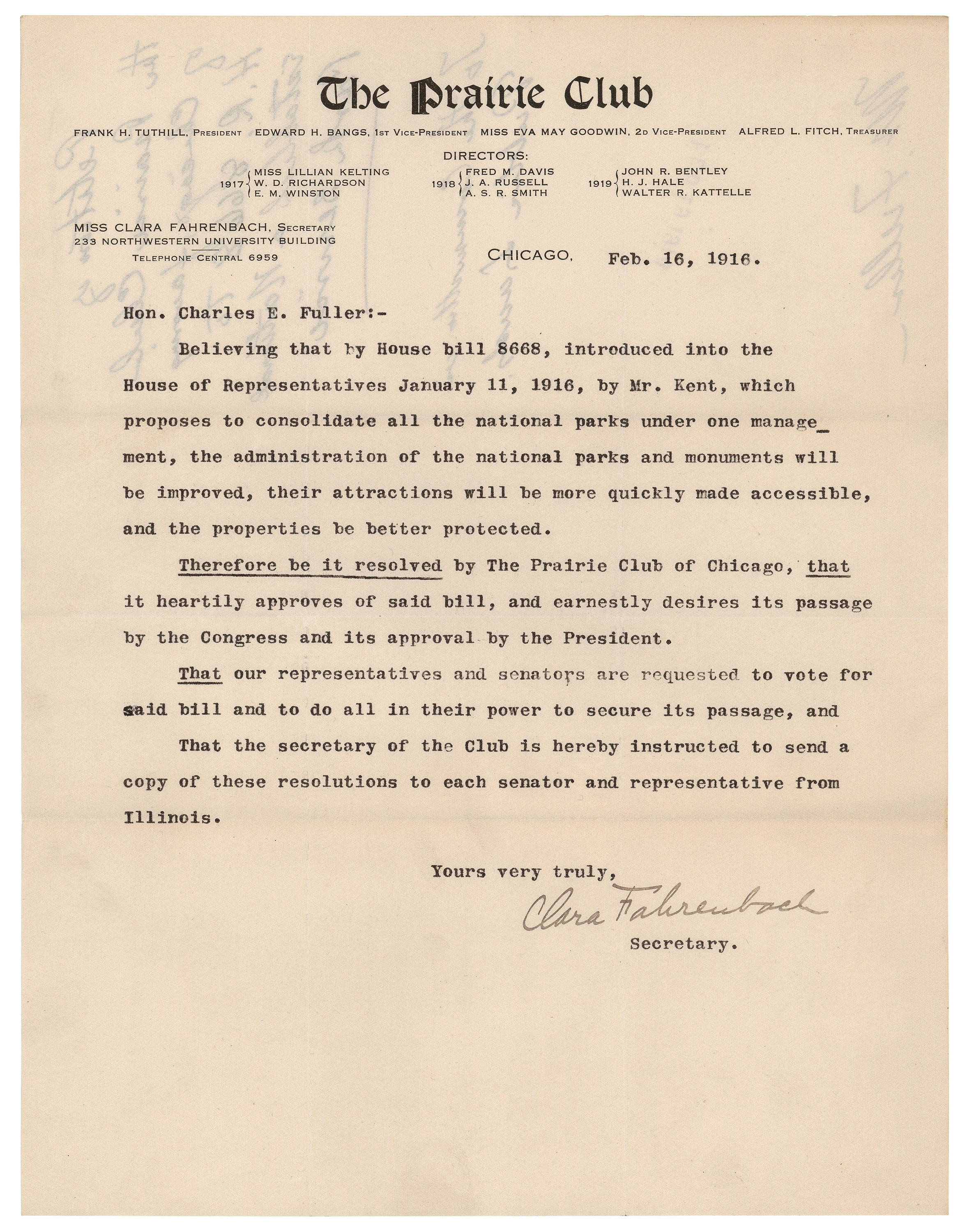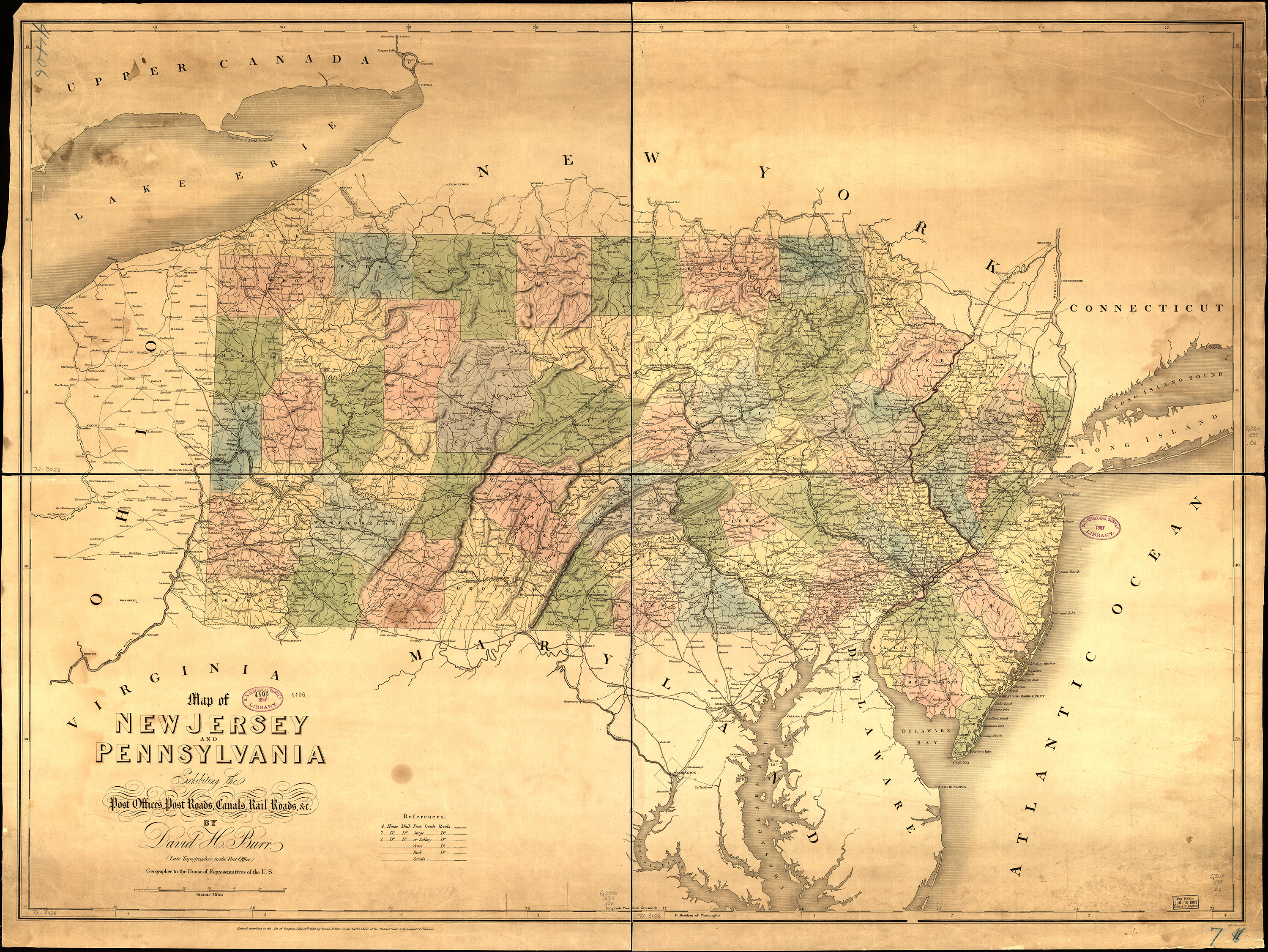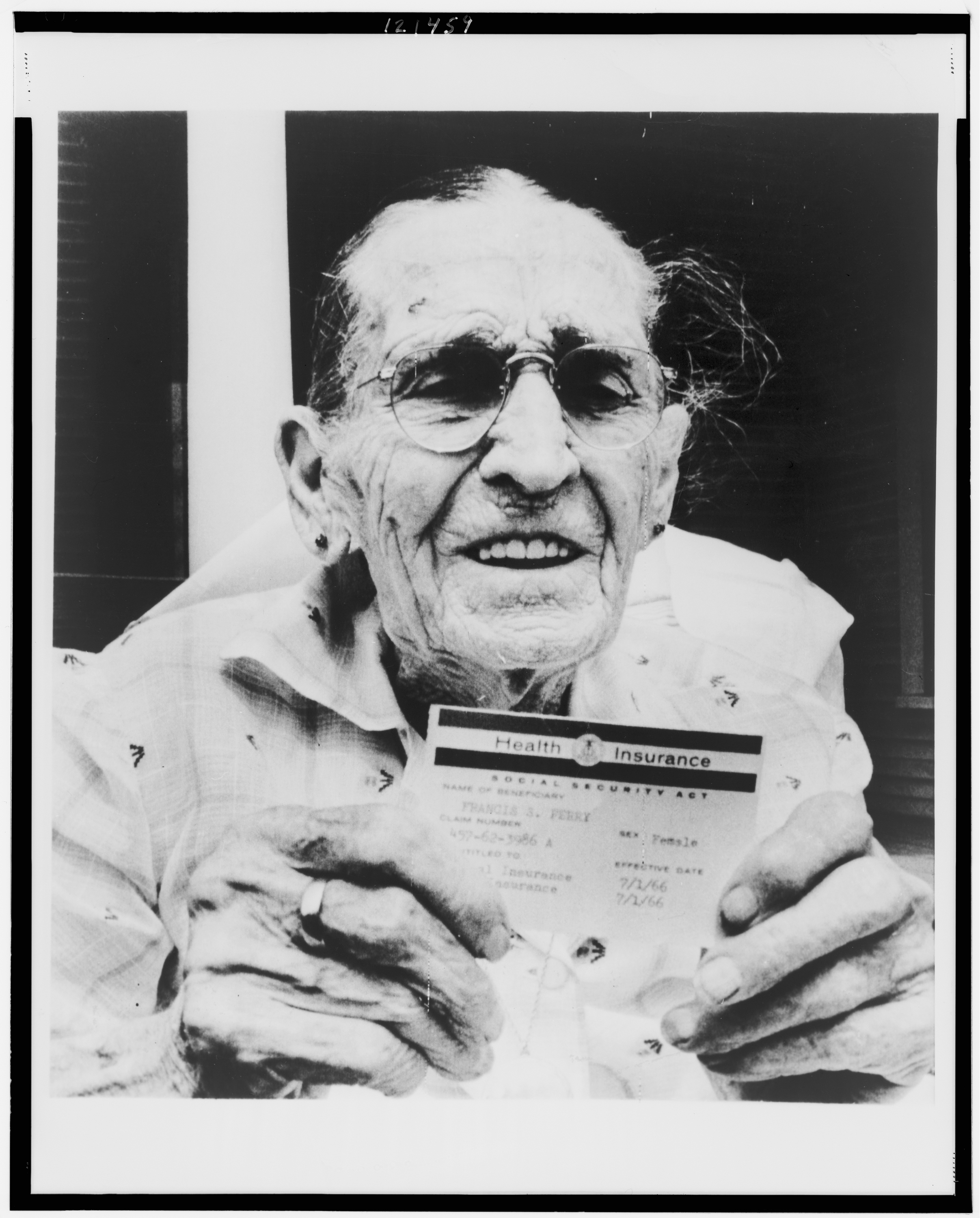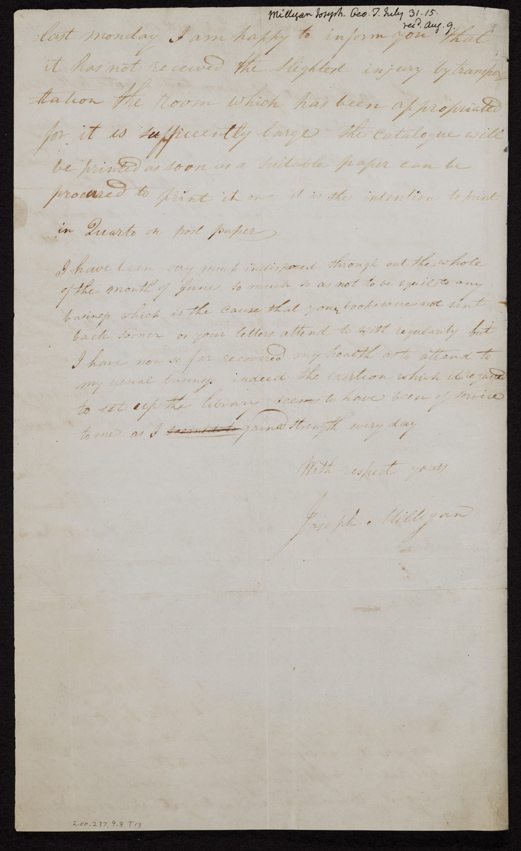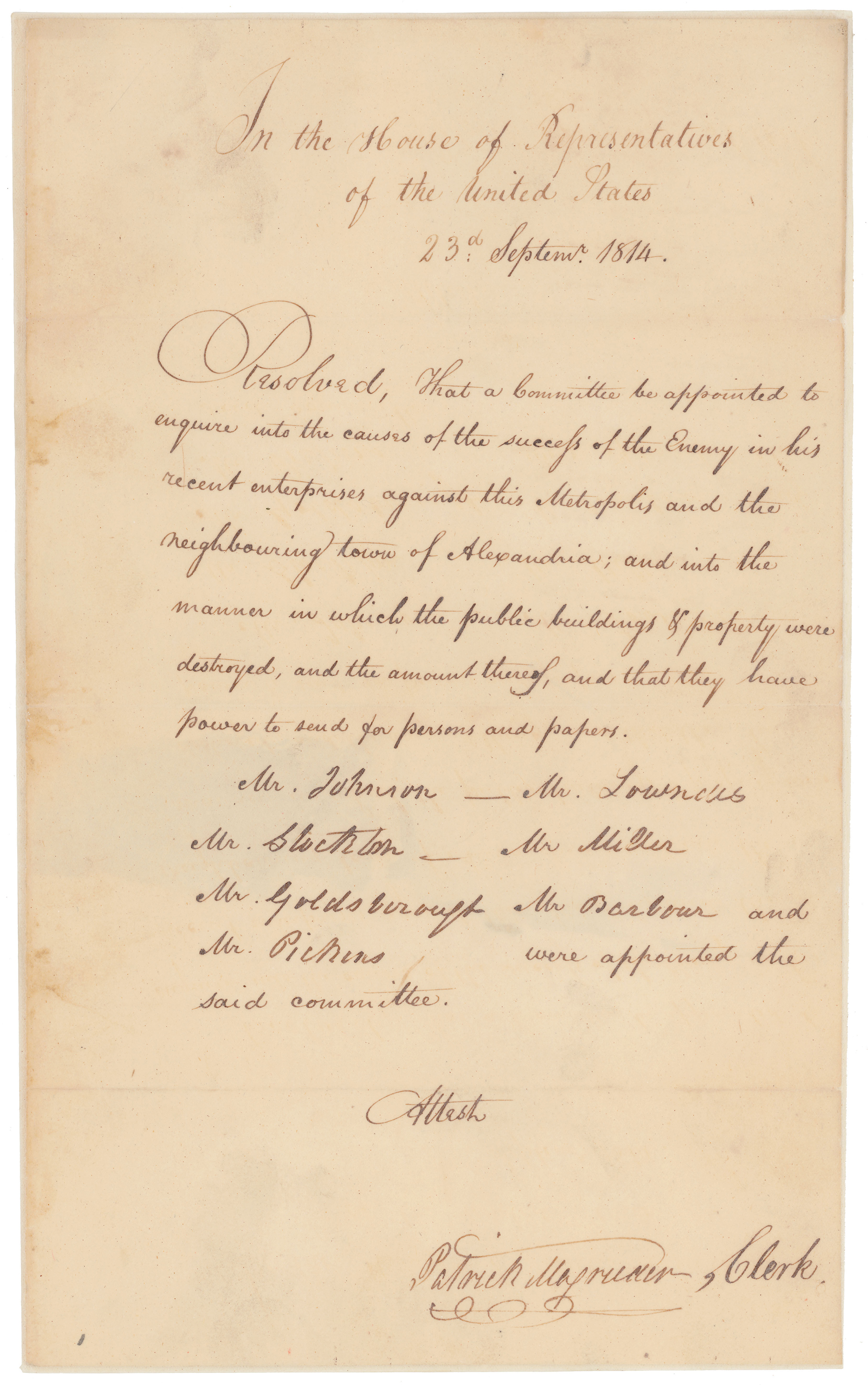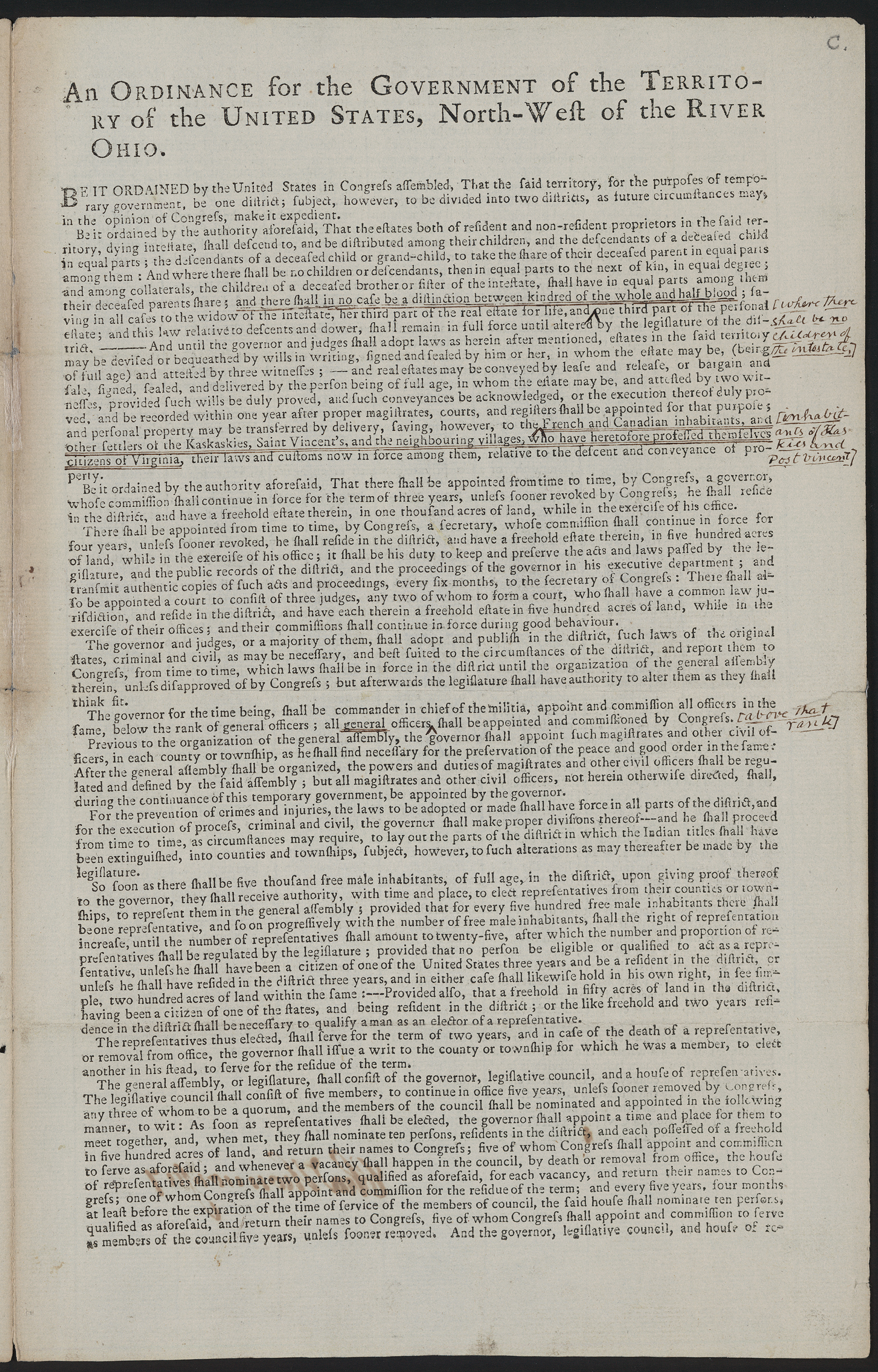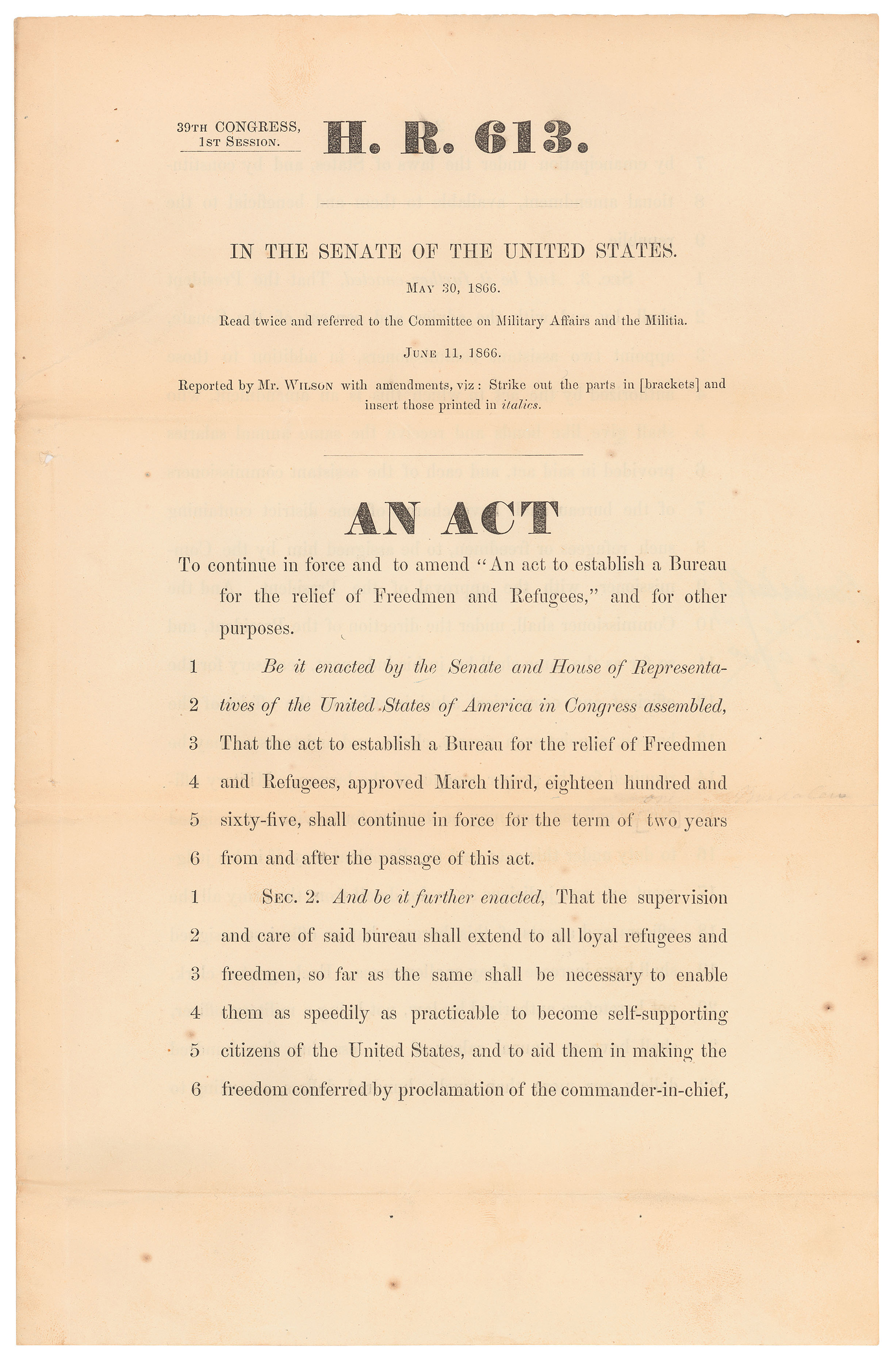Congress and the War of 1812
Instrumental to our identity and future national development, the War of 1812 both shaped and was shaped by Congress. International in scope and economic in nature, the war would not only inspire a national anthem, but would define Congress’ mission for the era to come and fundamentally change the nation’s political parties.
For more than two hundred years, the Capitol has been the place where representatives of the American people have debated how best to achieve the nation’s ideals. This exhibit displays some of our most important documents, drawn primarily from the collections of the Library of Congress and the National Archives, to illustrate the role of Congress in defining and helping to realize national goals and aspirations.
The aspirations of unity, freedom, common defense, general welfare, knowledge, and exploration all derive from the Constitution. The Preamble declares that the highest goals of the government are “to form a more perfect Union,” and to provide for “common defense,” “general Welfare,” and the “Blessings of Liberty.” Article I gives Congress the power to promote “Science and useful Arts,” which has resulted in congressional support of knowledge and exploration. The meaning of liberty is further defined in the Bill of Rights, the first 10 amendments to the Constitution, which guarantee specific freedoms.
